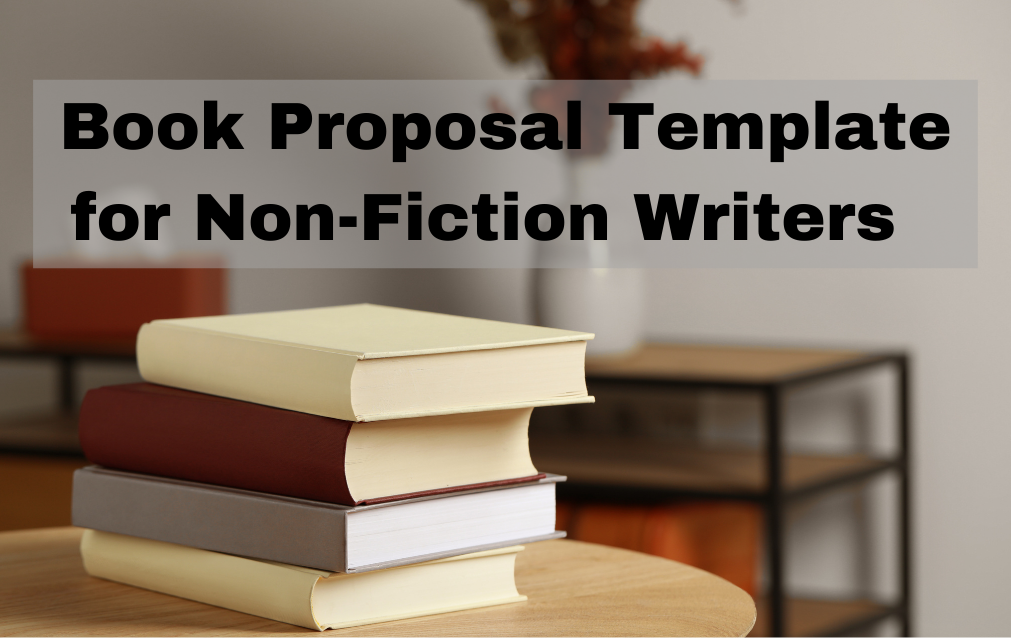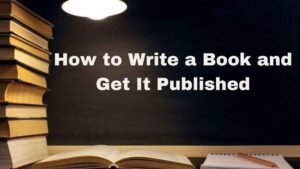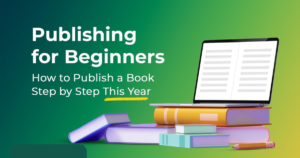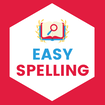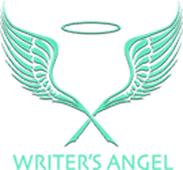What is a Book Proposal?
Book proposal may therefore be described as a marketing plan for your book in much the same way as a business plan is to a business. This informs the publishers what your book is about, what the content of the book is all about and why you are well suited for the job of writing the book. It may be described as your book’s ‘elevator speech’, but in much more depth and to a conventional structure. A book proposal template for non-fiction writers can help streamline this process effectively.
Why Do You Need a Book Proposal for Non-Fiction?
Key Components of a Non-Fiction Book Proposal
Let’s break down the must-have sections of a book proposal. Each part plays a vital role in convincing publishers that your book deserves a spot on their list.
Title Page
. Begin with the professional title page. Provide the book title, subtitle if there is any, your name and phone number. Keep it clean and simple.
Overview
The overview is basically the tagline of your book, or in other words it is the simplification of your book. Try to utilize it to describe your book in two or three lines. Stress its concept, the issue it addresses, and its perspective if your book is about mental health, explain why this topic is urgent and how your book is different from others.
Target Audience
Who is your book for? Define your ideal reader. Specify—talk about odds, passions, and issues several. Authors are desirable to publishers when the latter is assured that your work has a market out there.
Competitive Analysis
Look at other books in your category and consider your project. Avoid the other companies and stress on all what sets yours apart. For example, “While [Book Title], I present [distinct features or strategies].”
Author Biography
Here’s your chance to shine! Express your knowledge in the field regarding your specialization, your experience as well as your platform. Being a writer are you active in the writers community? Are you on the list of having a target group, or do you need to build it from the ground up? Explain why you should be the author of this book.
Chapter Outline
Divide your book by chapters If you have a book you really want to read or review than divide it into smaller portions by chapters. Each chapter should have a brief description of its content. This way the publishers are able to have a vision of how your book will be structured and how information flows.
Sample Chapters
Marketing and Promotion Plan
Each individual publisher asks the same question—How do you plan to market this book? Make a note of your plans to post on social media, give talks, be a guest on podcasts, or collaborate.See if you are part of a writing group or a writers’ collective, to mobilize these friends for pre-release support.
Production Details
Add extra details about the number of words, approximate time necessary to complete the chosen type of writing and whether it has some peculiarities of design. This will enable the publishers to know the width of your project.
Why This Book?
They’re ready for an authoritative, expert explanation of why your book matters right now. Is it at least glued to the inception of some current trend? Fill a gap in the market? Solve a problem? Ensure you explain why your book is one that should be read by all.
How to Write a Book Proposal That Stands Out

Now that you know the structure, let’s talk about how to make your proposal shine. Here are some tips to ensure your submission grabs attention.
Use a Conversational Tone
Write as if you’re talking directly to the publisher. A friendly yet professional tone can make your proposal more engaging.
Focus on Benefits
Don’t just describe your book—explain why it’s valuable. What will readers gain from it? Use this to hook publishers.
Be Concise and Clear
Avoid rambling. Get to the point quickly and make every word count. Publishers read dozens of proposals, so brevity is key.
Proofread Thoroughly
Mistakes in your proposal can hurt your credibility. Edit multiple times and consider hiring a professional editor if needed.
Publishing Advice for Aspiring Authors
Breaking into the publishing world can be tough, but persistence pays off. Join a writing community to connect with other authors and learn from their experiences. Seek feedback on your proposal and keep refining it.
Common Mistakes to Avoid in Book Proposals
Lack of Clarity: Be precise about your book’s purpose and audience.
Ignoring the Market: Research is crucial. Know your competition and audience.
Overpromising: Be realistic about your platform and marketing capabilities.
Neglecting the Writing: Even in a proposal, your writing must shine.
Conclusion
Developing a book proposal that will be approved requires time, energy, and initiative to sell your book to a publisher. By referring to this pattern and concentrating on what makes your book special, you will come up with a book proposal template for non-fiction writers that impresses the publishers and places your project right on track. Let me remind you, all the greatest authors have a beginning, and this is yours. Happy writing!
FAQs
What is the ideal length for a non-fiction book proposal?
This format should be 10-25 pages long in most cases, due to the level of the complexity of your book.
Do I need a complete manuscript to submit a non-fiction book proposal?
No, for non fiction books most publishers only need the proposal together with the several sample chapters.
Can I submit the same proposal to multiple publishers?
Indeed but do it properly with regard to each publisher’s standard procedure and the topics of interest to them.
How long does it take to get a response from a publisher?
It could even be a few weeks in extreme cases to several months Depending with the body type; hence, one has to exercise a lot of patience.
Should I hire a literary agent for my book proposal?
Though not forcible, a literary agent can play a role in polishing up your proposal, also, guide you to credible publishers.

